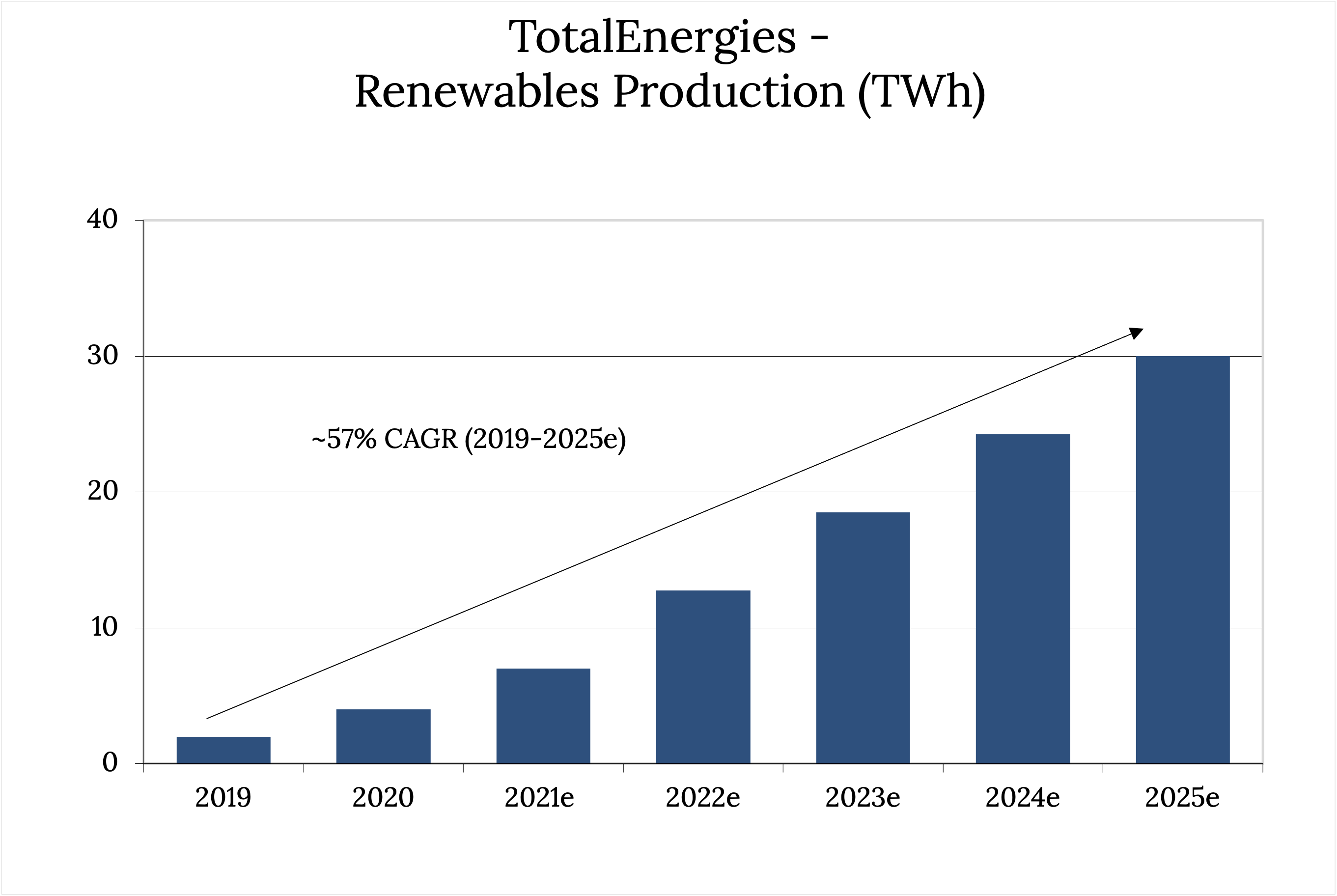The issue with equity market income – ESG and quality
We’ve spent the last 2 wires talking about the importance of equity income as part of total return, but also looking at some of the challenges with chasing it in smaller pools of companies, such as the ASX200 with Australia being only 1.6% of globally listed stocks.
Not only does this limit portfolio diversity, but leaves investors vulnerable to quality and ESG risk.
A new challenge for equity income investors is ESG and the move to reduce portfolios’ carbon impact, while addressing any social and governance shortcomings. As we have seen in China with Evergrande and recently Facebook in the US, all components of ESG need to be addressed.
So if we agree ESG matters are important, this then further shrinks the opportunity set for equity income seekers. ESG filters will not only reduce what an equity income investor can buy, but the real challenge comes from reducing carbon impact, as utilities and energy sectors traditionally pay big dividends.
By diversifying to international markets, the pool suddenly becomes much greater and the opportunities to be judicious in your investments sharper.
As an example, let’s look at a significant holding for our fund - French oil company Total. We recognise that ESG factors not directly captured in financial statements can materially impact shareholder value and we think about the environmental approach specifically in both absolute terms but also whether a company is able and willing to change. While Total is a traditional mega cap oil company, 25% of management’s remuneration is now linked to ESG considerations, around 25% of their portfolio will be low carbon in a few years with net zero by 2050, and their output is diversifying, so that oil will ultimately be less than 30%. They also have a forward dividend yield of around 6.4%.

However we have discussed the over reliance on dividends for sustainable and consistent income, so I’d like to conclude this series by offering, not just an alternative source, but one that complements traditional dividend returns. Better known outside the domestic market, Equity Insurance is using risk reducing derivative-based strategies like put writing to capture persistently high income. Used well it can provide consistent equity income, while lowering portfolio volatility.
We end by hopefully answering the initial questions: how to stabilise and diversify your sources of equity income. By looking to international markets, and increasing your income sources with one that’s not reliant on dividends, we believe in the end you can have the best of both worlds.
3 topics

